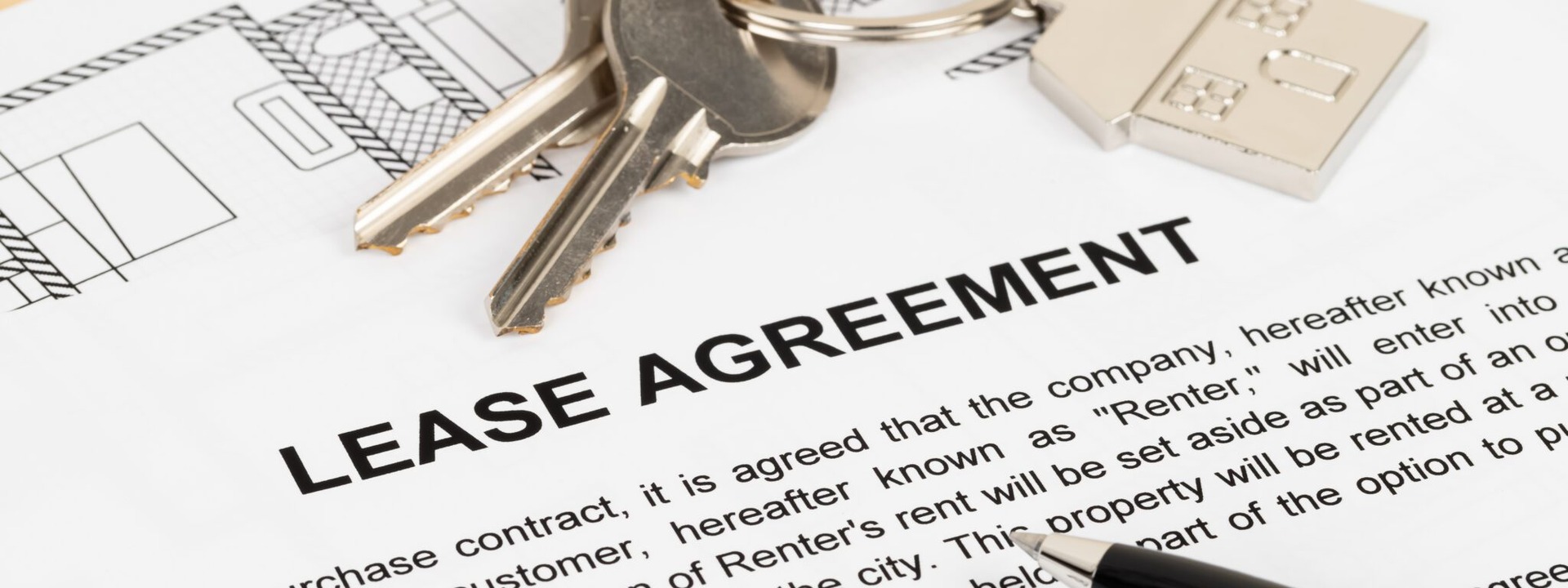Know Before You Sign

According to the “Plain Language Document Law,” you must be able to read and understand your lease easily. Remember that all of what is written in a lease is LEGALLY binding and anything that is not clearly written is not. It is important to see the property and be informed and comfortable with everything in the lease before signing. Make sure to obtain a copy of the lease at the time of signing, and keep a copy for your own records. It is also recommended that tenants take photos of the property, and any damage prior to moving in.
What's in a Lease, and What Isn't
A lease is a contract in which one party permits the other to occupy and use certain premises in exchange for rent. The specifics of the contract are agreed upon prior to the tenants moving into the residence. The lease must include a use, occupation, or possession clause for the tenant. To protect all parties of the contract, you should make sure that all portions of the lease agreement is understood and in writing before signing.
The lease should clearly define the responsibilities of both landlord and tenant. The lease can and should be used to answer any questions that either party might have later on and is the best defense if the tenant or the landlord challenges the other for breaking the lease.
That being said it is important that you negotiate any parts of the rental agreement that you might not fully agree with or would like to alter. For many students moving off-campus, this is the first time dealing with a leasing contract. It would be beneficial to have someone more experienced in leasing agreements and negotiations take a look at the lease and help with any questions you might have or negotiations you might suggest.
In order for a change in the lease to be legitimate, the section that is being changed must be crossed out and initialed by both yourself and the landlord. Additional provisions should be written out, dated, and signed by you and the landlord. Make sure all changes are noted on all copies of the lease.
There are several items that should always be mentioned or included in your lease. Be sure to ask you landlord for clarification if anything is missing
- Tenant’s Name
- Landlord’s Name, address and phone number
- How many people can live in the unit?
- Full mailing address/unit number of leased property
- Monthly rent
- Due date for rent
- Where to pay rent and who to pay
- Security deposit
- Move in procedures including cleaning, pest control, repairs, and changing of locks
- Lease period/length; beginning and ending date
- Payment of utilities
- Lease renewal
- Breaking or ending a lease and any penalties involved
- Move out procedures
- Property maintenance procedures
- Subletting policy (not permitted by city of Bethlehem)
- Notice for entrance into unit by landlord/repairmen
- Notice to landlord about repairs needed to apartment
- Notice if lead paint is present or has been removed
- Parking accommodations
- Snow and trash removal
Certain utilities and other apartment services may not be included in price of rent. It is important to clarify what else you might be paying for before you sign the lease.
-
Air Conditioning
-
Cable TV
-
Internet
-
Phone
-
Electricity
-
Gas
-
Heat
-
Water
-
Garbage; Recycling
-
Pest Control
-
Sewer
-
Snow Removal
There are no set rules. Generally, the landlord must provide:
- Drinkable water / water in kitchen and bathroom
- Hot water
- Heat in cold weather (if included in the rent)
- Working sewer system and bathroom
- Safe, working electrical system
- A lock for the door(s)
- An apartment or house not filled with bugs or rodents
- Safe, sanitary conditions of the structure of the house and outside area
